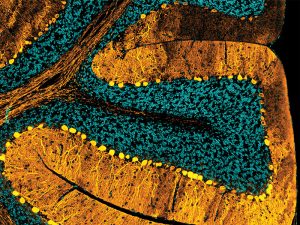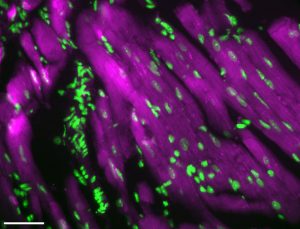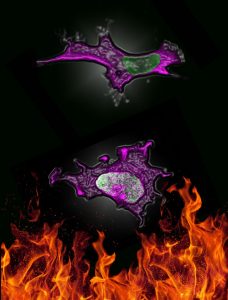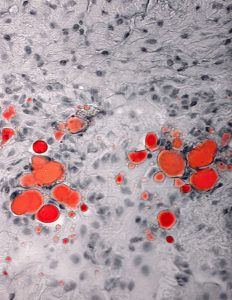Research Interests
- Protein quality control
- Ubiquitin ligases
- Cardiovascular genomics
- Proteinopathies in neuronal and cardiovascular disease
- Cellular metabolism
Research Synopsis
The Schisler Lab works on the integration of complex genomic-biologic data to elucidate risk relationships in both murine and human systems with a focus on cardiovascular disease and protein quality control mechanisms. My primary focus is to develop models to integrate datasets derived from clinical genomics, transcriptomics, and metabolomics allowing our lab to further interrogate gene and protein function in health and disease using molecular, cellular and biochemical approaches. The Schisler Lab is keenly interested in cellular regulatory mechanisms including post-translational regulation pathways, such as protein quality control, in both health in disease. E3 ligases are enzymes that modify substrate proteins via ubiquitination, the addition of a small ubiquitin protein, that can either alter protein function or target the substrate protein to the proteasome for degradation. Our research in this field initially focused on the role of the E3 ligases CHIP and MuRF1 in cardiovascular function. Recently we identified the first human causal mutation in CHIP that results in cerebellar ataxia and hypogonadism; as such, my laboratory expanded its ability to include neuro and neuro-endocrine approaches in our mouse and cell-based models to complement our cardiovascular research program.
In addition to animal and cell-based models of health and disease, the Schisler Lab utilizes clinically-derived datasets to model human disease and to complement work done in basic research models. Through the use and often combination of multiple ‘omic’ platforms, we performed several important studies on human diseases including a study that identified specific genetic variation between Caucasian and African Americans that modifies sugar metabolism genes contributing to diabetes and increased cardiovascular risk. We continue to expand our translational-based research program into other inflammatory diseases such as hypertension and coronary artery disease. The Schisler Lab actively collaborates with colleagues in public heath to focus on extending translational research to at-risk populations where health disparities are prevalent and underrepresented in the literature.
Publications
View complete list of publications in Pubmed
Below: images from Schisler Lab research – click images for larger view.





